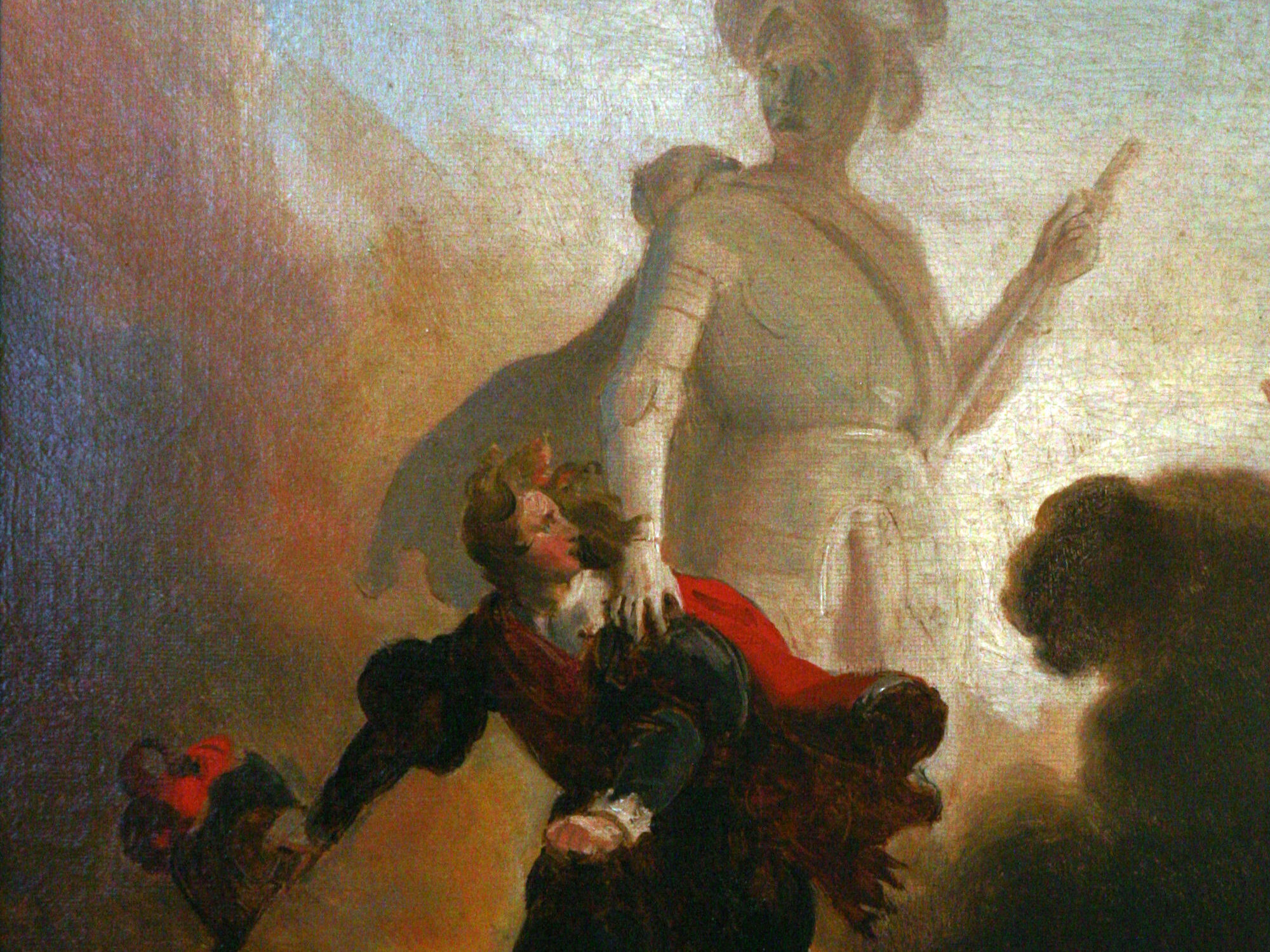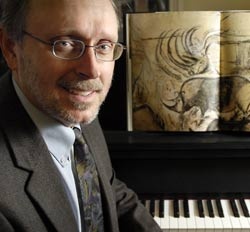HUMS 139, Western Philosophy in Four Operas 1600-1900

Course Description:
This course intensively studies four operas central to the western repertory, spanning the years from the early 17th to the late 19th century: Monteverdi’s Orfeo, Mozart’s Don Giovanni, Wagner’s Die Walküre (from The Ring of the Nibelungs), and Verdi’s Simon Boccanegra. The course explores the expression in these works of philosophical stances of their times on the human subject and human society, bringing to bear writings contemporary to them as well as from more recent times. Readings include works of Ficino, Descartes, Rousseau, Wollstonecraft, Schopenhauer, Kierkegaard, Douglass, Marx, Nietzsche, Freud, and Adorno. We discover that the expression of changing philosophical stances can be found not only in dramatic themes and the words sung, but in the changing natures of the musical styles deployed.
Led by:
 |
Professor Gary TomlinsonGary Tomlinson, John Hay Whitney Professor of Music and Humanities, is a musicologist long committed to multidisciplinary exploration, and his teaching, lecturing, and scholarship have ranged across a diverse set of interests. Central among these have been traditions of European classical music, including the history of opera and early-modern musical thought and practice; but his essays and books embrace such other topics as the music of indigenous American societies, jazz, cultural and anthropological theory, the philosophy of history, affect theory, and human evolution. His latest research, joining humanistic theory, archaeology, and evolutionary science, investigates the role of cultural forces in the formation of modern humanity. It has led to two books: A Million Years of Music: The Emergence of Human Modernity (2015) and Culture and the Course of Human Evolution (in press). His earlier books include Monteverdi and the End of the Renaissance; Music in Renaissance Magic: Toward a Historiography of Others; Metaphysical Song: An Essay on Opera; The Singing of the New World: Indigenous Voice in the Era of European Contact; and Music and Historical Critique. |